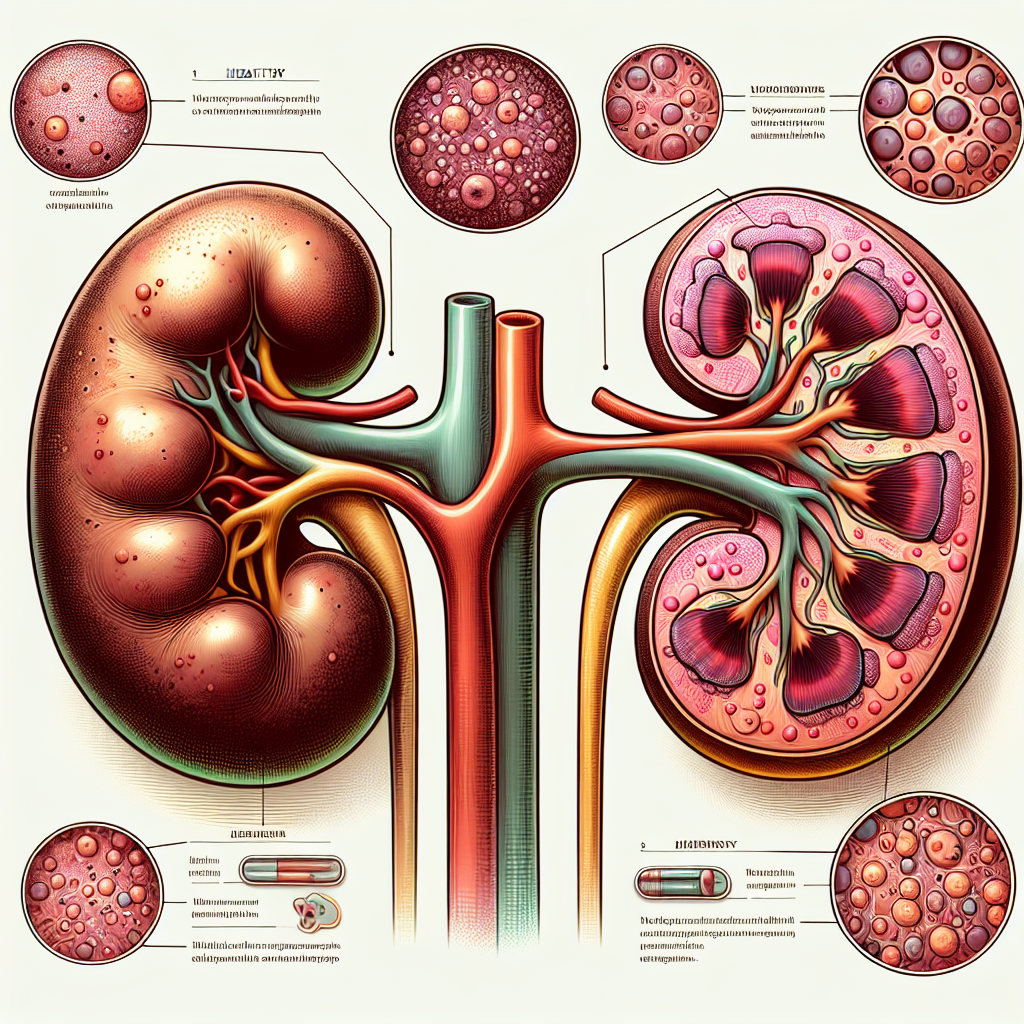Flawed Algorithms and Kidney Transplant Disparities Among Black Americans
Kidney disease is a critical health issue in the US, severely impacting Black Americans. Despite being more likely to need kidney transplants, they are less likely to receive them, partly due to flawed algorithms that evaluate donor kidneys. Ethical concerns and potential improvements in the system are discussed.

- Country:
- United States
Winston-Salem (USA), Jun 25 (The Conversation) - Kidney disease stands as one of the top causes of death in the United States, particularly hitting Black Americans three times harder than White Americans. This disparity roots in the high prevalence of diabetes and hypertension within the Black community, significant contributors to kidney disease.
Despite making up only 12% of the US population, Black Americans represent 35% of those suffering from kidney failure. Compounding the issue, they face lower chances of getting a transplant. Almost 100,000 are currently on the waiting list. A flawed system further exacerbates the problem by frequently discarding kidneys from Black donors.
Bioethics scholar inputs highlight the ethical implications of current practices, which rely on the kidney donor profile index—a tool that, controversially, includes race as a factor. Studies suggest kidneys from Black donors may fail sooner, leading to higher discard rates and wastage of viable organs. Researchers push for focusing on genetic variants like APOL1, rather than race, to improve transplant outcomes and equity.
(This story has not been edited by Devdiscourse staff and is auto-generated from a syndicated feed.)
ALSO READ
WHO and Eli Lilly Warn Public About Fake Weight-Loss and Diabetes Drugs
Early Management of Gestational Diabetes Key to Healthier Pregnancies, Study Reveals
Highfield Biopharmaceuticals Unveils Promising mRNA-Based Treatment for Diabetes and Weight Loss
Biocon Seeks Chinese Partner for Generic Diabetes Drug Trials
Breaking Health News: EMA Approves Nasal Spray, India Boosts Diabetes Drug Production










